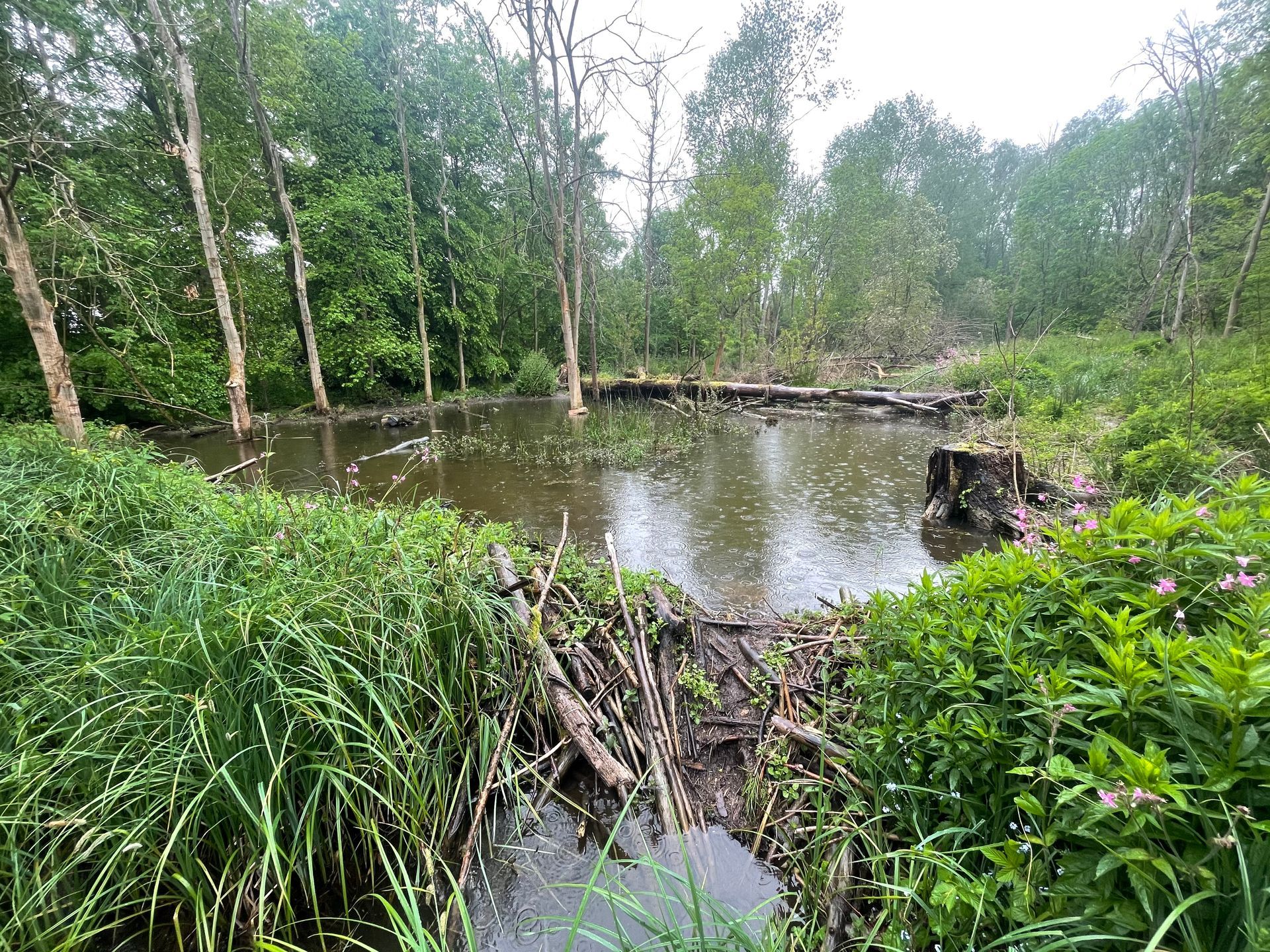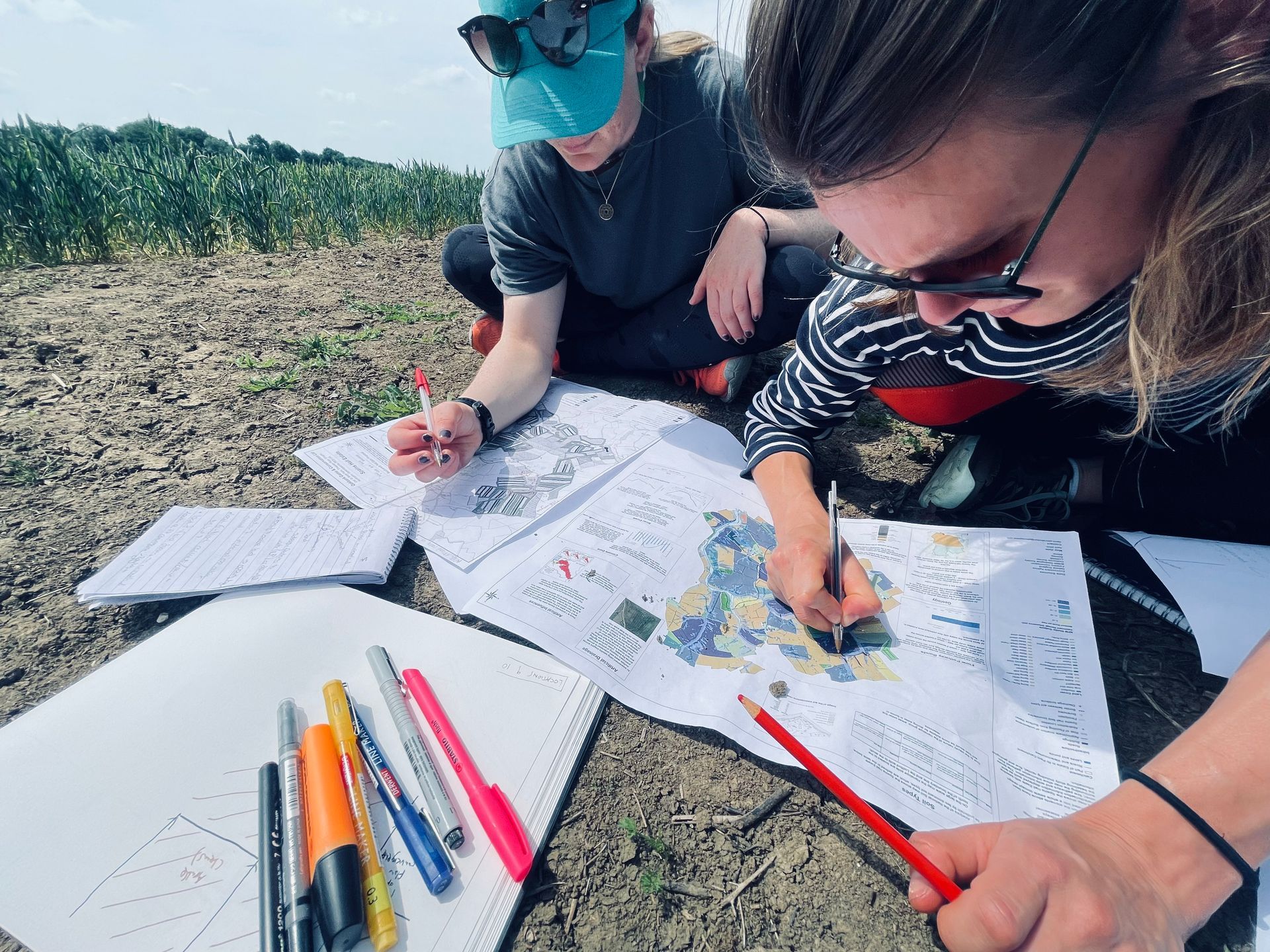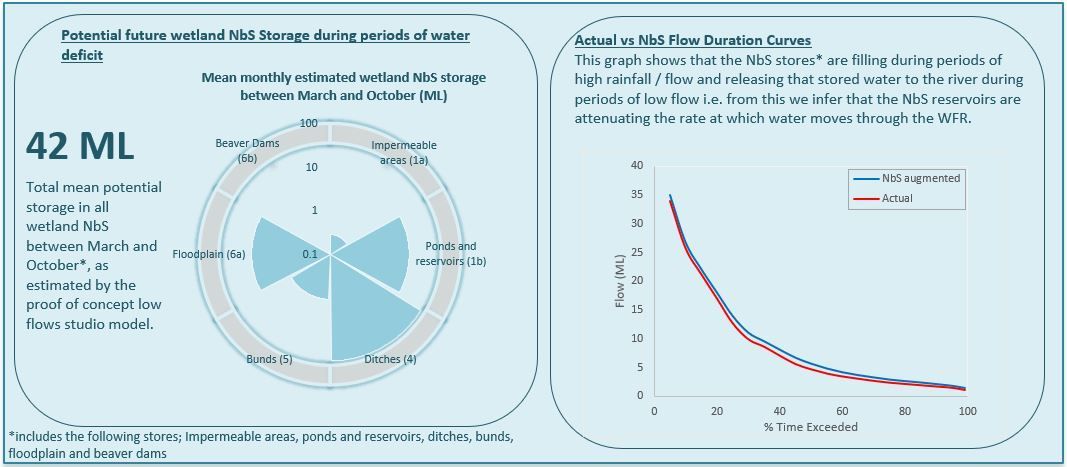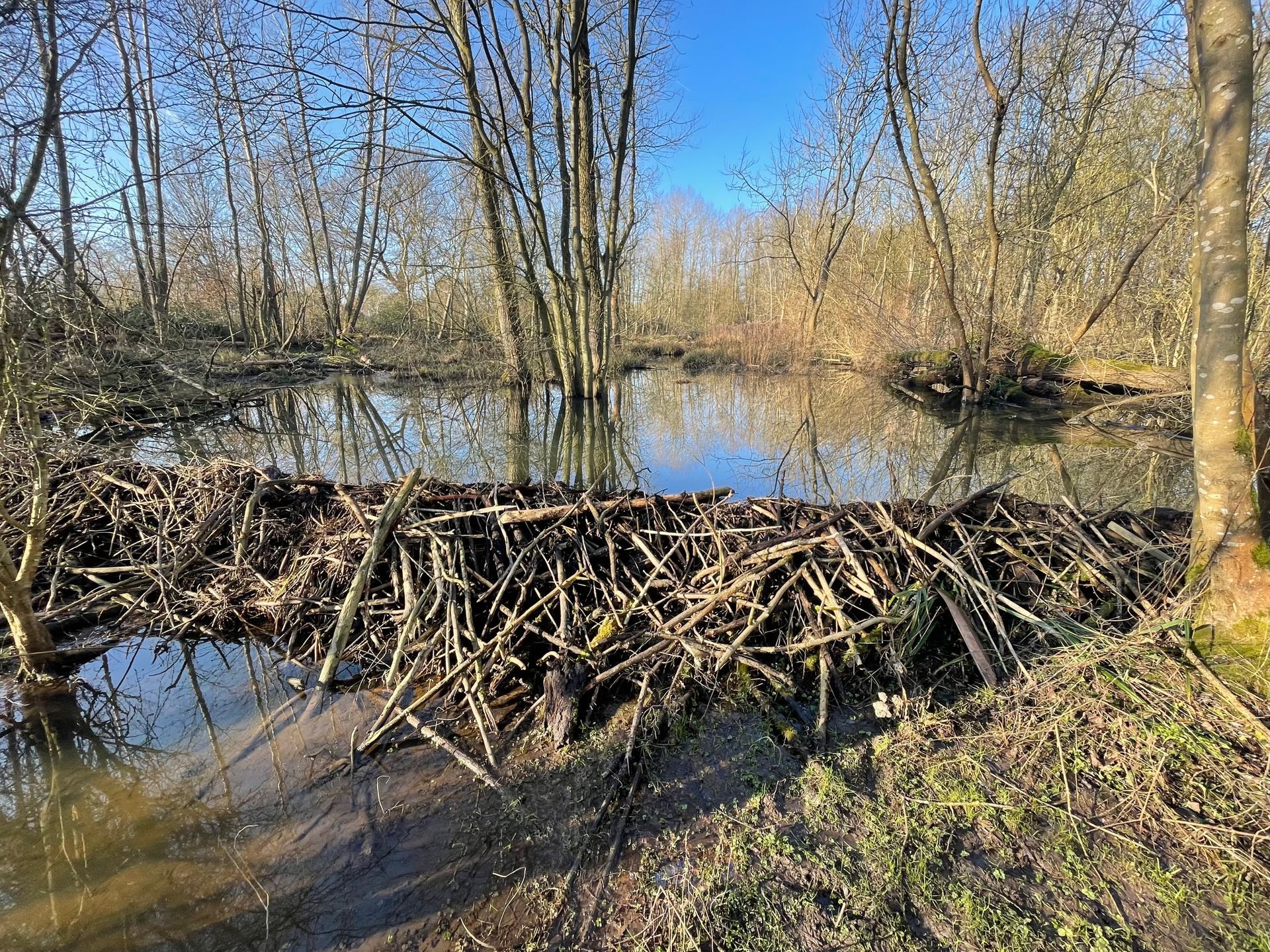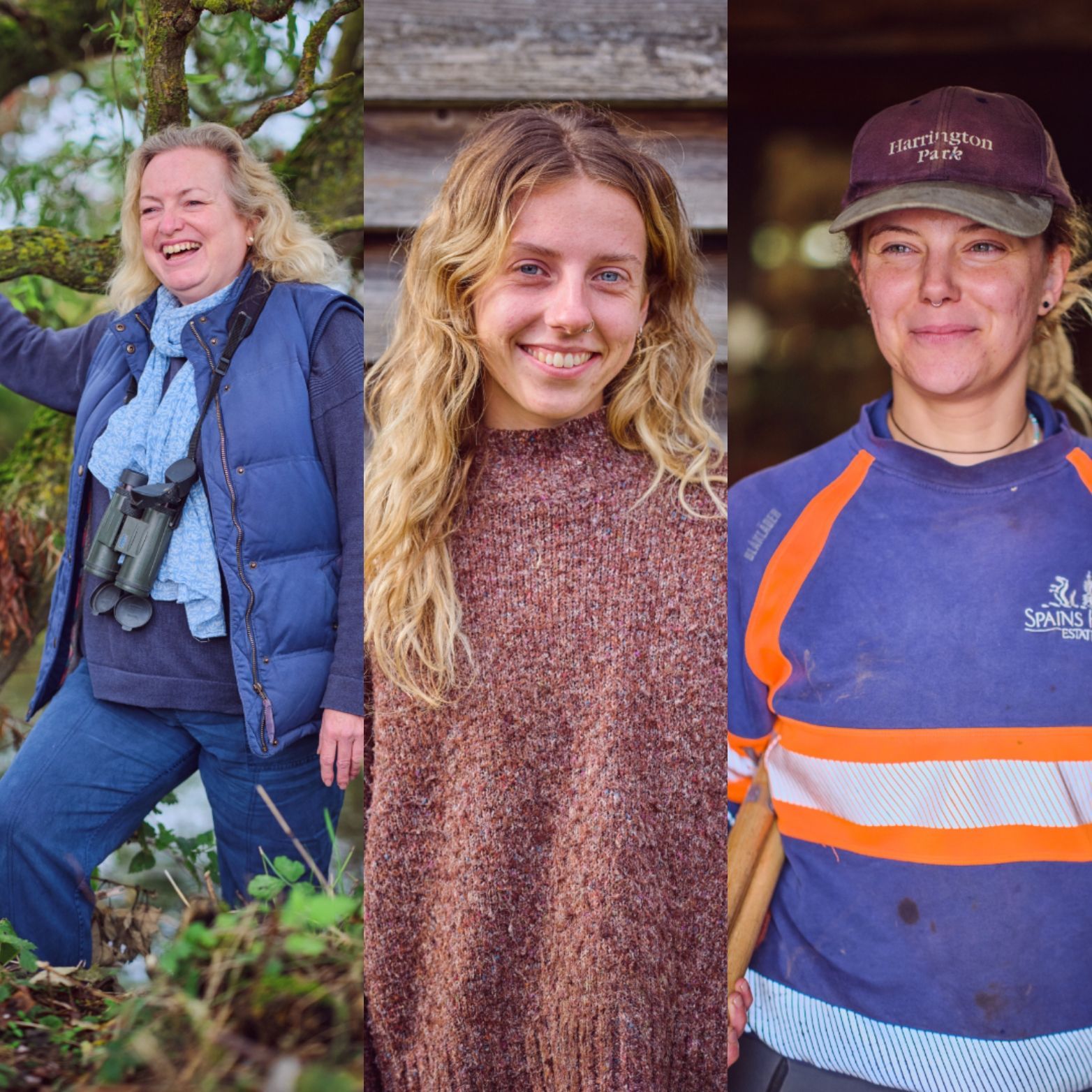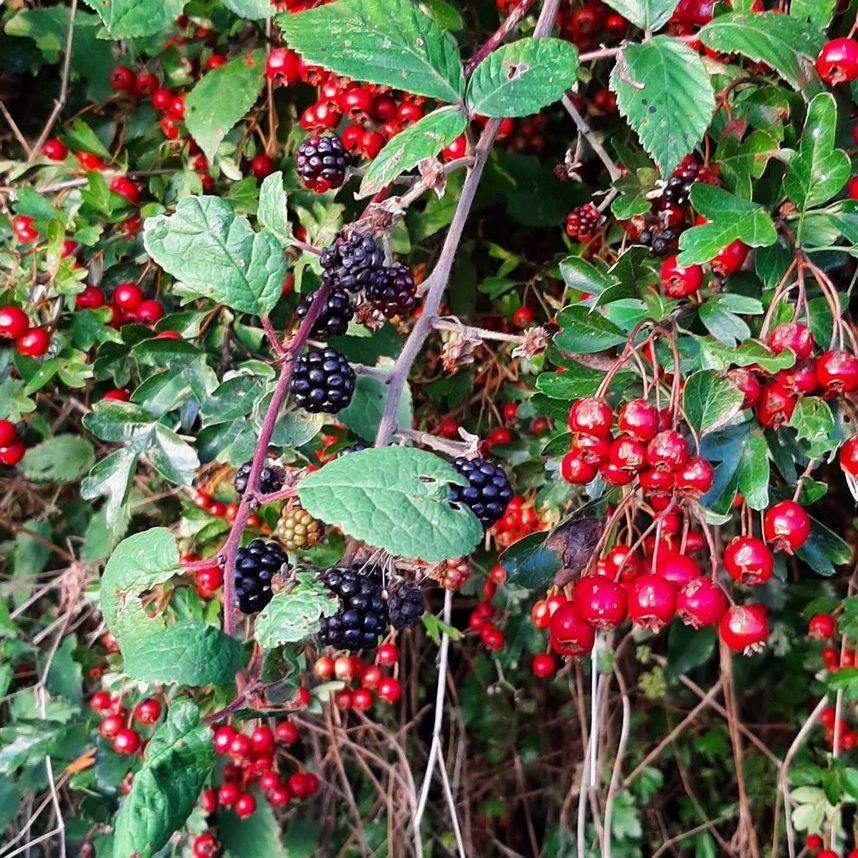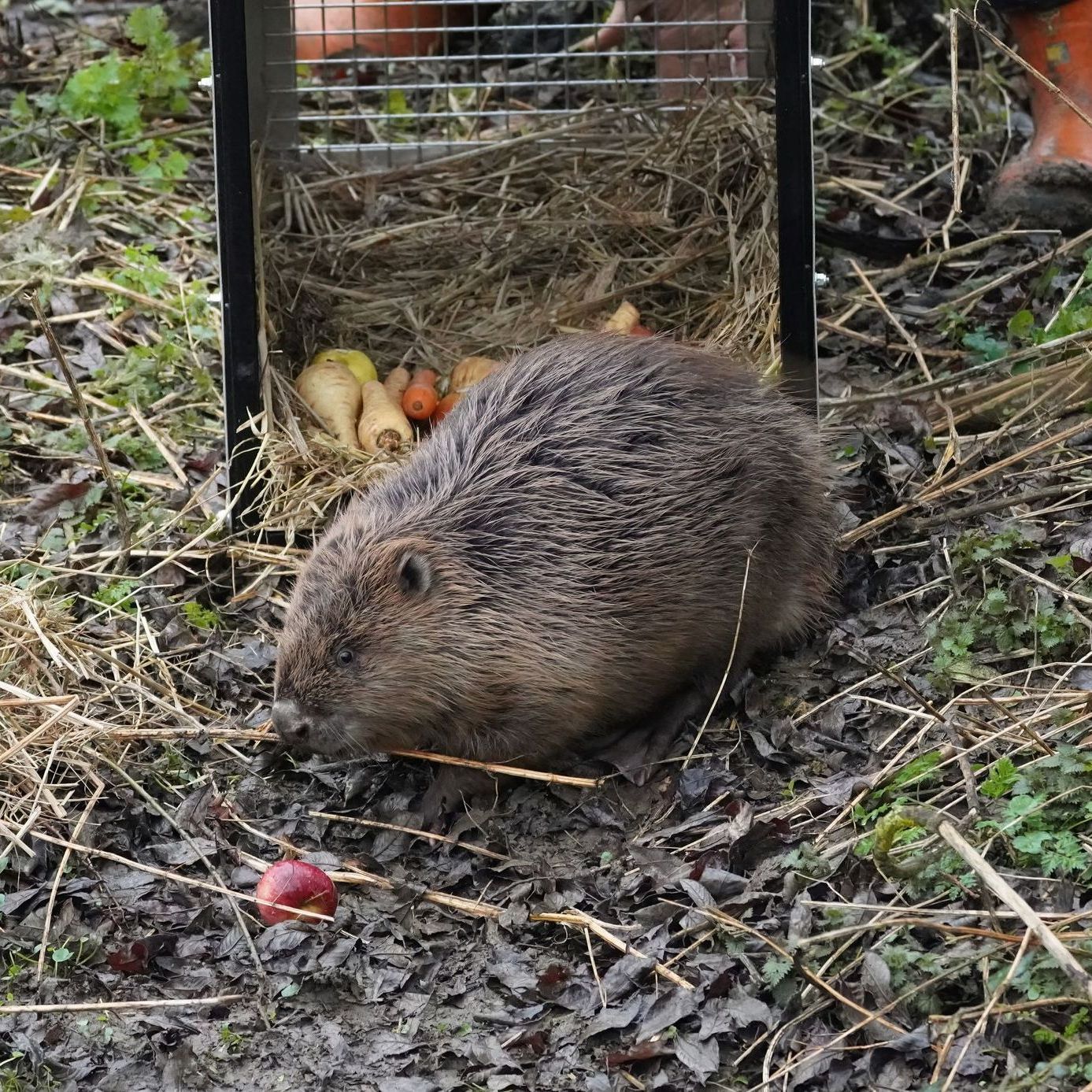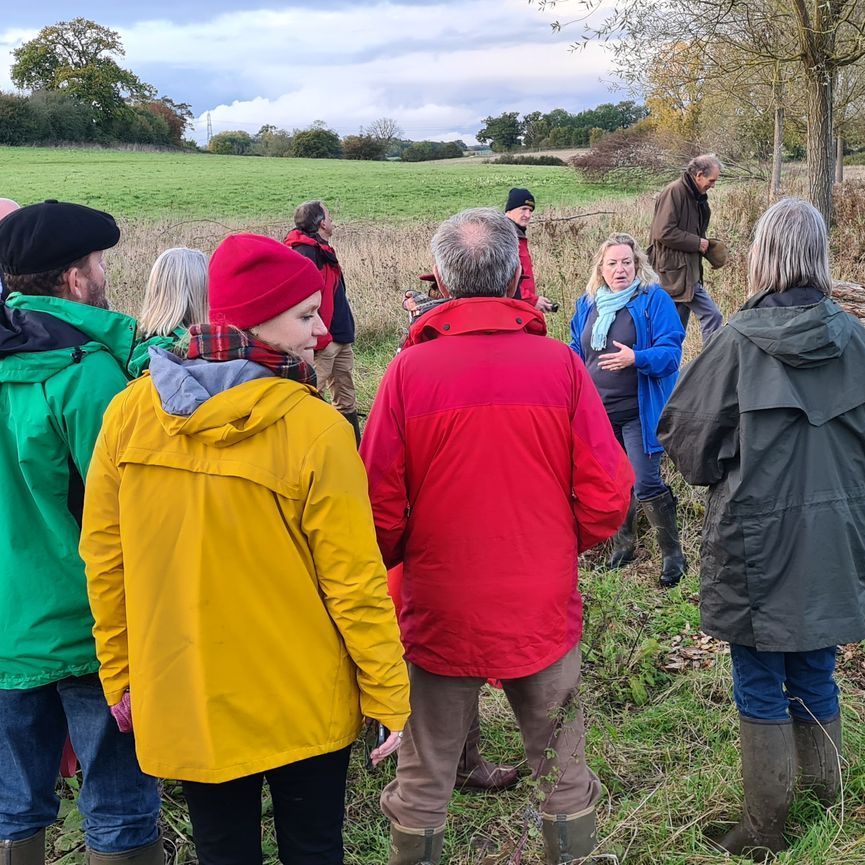New study reveals farm winter water storage can ease summer drought
‘Whole farm reservoir’ approach at Spains Hall estate could store millions of litres per hectare in soil
Engineering and design consultancy Atkins (member of the SNC-Lavalin Group), working in partnership with the Spains Hall Estate, has demonstrated a new approach to winter water storage - which can help significantly alleviate summer droughts and winter flooding.
Funded by the Environment Agency and Essex & Suffolk Water, a team of ecologists and hydrologists from Atkins (working alongside Spains Hall Estate manager Archie Ruggles-Brise) carried out a first-of-a-kind study over six months at the Essex estate, to identify zones across the landscape that could be used for storage of rainfall and river water.
The study looked at issues of both too much, and too little, water in a working agricultural setting. The approach, dubbed the “whole farm reservoir” concept could provide huge benefits not only for the farming industry and ecology of the landscape, but also public water supply and flood risk. And early results reveal the potential to store millions of litres of water per hectare in the soil.
Atkins and the Spains Hall Estate have now released a report detailing the work, which will be open source published and provides a blueprint for how farm-scale nature-based solutions can help tackle two of the biggest challenges of climate change – increasing water shortage due to hotter summers and reducing the risk of flooding during winter storms.
Emily Brown, environmental scientist at Atkins, said: “Spains Hall Estate wanted to find a way to store rainfall and high river flows, in a way that was compatible with their overarching ecological masterplan, whilst continuing its pioneering work to help protect a local village from flooding.
“The results of the initial study were extremely encouraging with a 5-10% increase in river flows during the summer months, where there would normally be drought. In winter, the measures could lower the risk of local flooding by between 15-30%.
“We took the approach that if you treat the whole farm as a reservoir, you could identify elements and zones in the landscape that could store water and, with the proper management, release that water when it is most needed.
“This included looking at the patterns of river flows and rainfall throughout the year, as well as traditional farm ponds and shallow aquifers - the gravel seams beneath the surface act like natural sponges for the landscape.
“The work we’ve carried out at Spains Hall Estate is an approach that could be rolled out across the country to provide greater resilience in the UK’s water supply and flood risk management efforts, through the use of nature-based solutions on farms.”
Archie Ruggles-Brise, estate manager at Spains Hall Estate said: “We have been aware of the issues of too much and too little water for many years. As we started our transition to a more sustainable land use model it became clear that we needed to quantify the water impact of our planned changes, alongside biodiversity, food production and carbon.
“Numbers are key, if we want to optimise our system to benefit the farm and the wider environment we need to know which actions are likely to have the greatest reward. We need those numbers to engage with other sectors, without them farms are too easily discounted as irrelevant by drought and flood professionals.
“The results are incredible. With the potential to store between 6-10 million litres of water per hectare in our soils, adding a measurable amount to both summer river flows and winter flood risk reduction it shows this is something we should be doing now.
“The next step is to find partners to work with us to plan and deliver these changes, to quickly move beyond theory and into practice.”
For a copy of the report go to https://www.spainshallestate.co.uk/water
Latest news

Partners: Sir T.E. Ruggles-Brise Bt., Lady R.E. Ruggles-Brise DL., A.E. Ruggles-Brise, A.C Ruggles-Brise. 'Spains Hall Estate' and logo are Registered Trademarks of the Spains Hall Partnership


